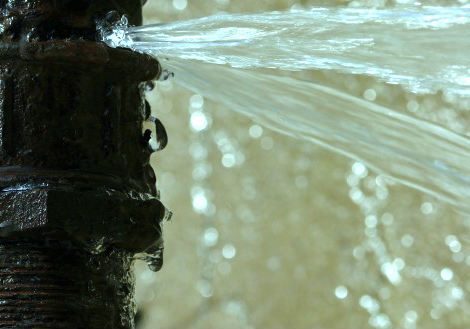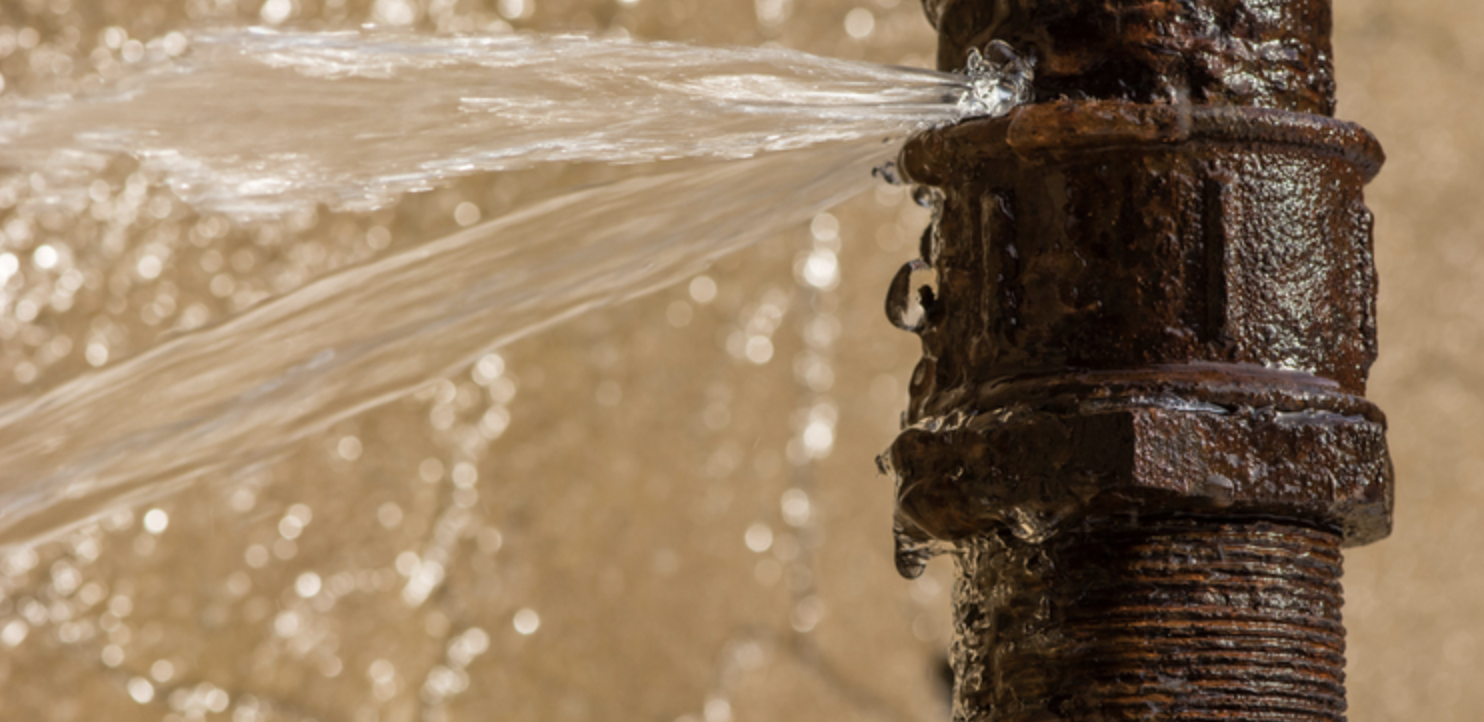What're your thoughts on The Do’s And Don’ts After Water Damage?

What should you do if a water pipe ruptureds in your residence? The longer you wait, the more extreme the damages that can occur to your residential property. For these reasons, you need to find out just how to act in the occasion of a burst water pipe.
Shut Off the Key Waterline Shutoff
The first thing to do? Close the shut-off valve. Look for the neighborhood shut-off shutoff to shut off the water in one particular area just. Go for the primary water line valve and also transform it off if you don't know where the local shut-off valve is. This step will certainly remove the water instantly in your whole residence. Normally, the major valve is found outside the residence beside the water meter. If it's not there, you can also locate it in 2 places: in the cellar at eye degree or the 1st flooring on the ground. Usually, contractors placed the shut-off shutoff generally ground degree shower room or best alongside it.
Call Water Damages Restoration Pros for Aid
After shutting the water resource, call the professionals for aid. This situation is not something you can do some do it yourself because the pipelines needed to be dealt with and also there is a requirement to resolve the other problems to your home. Seek help from a credible firm providing 24/7 emergency solutions if you can not deal. With their expert assistance, you can protect against much larger water damages including warped walls, loosened tiles, or damaged frameworks. Do not take this problem lightly as well as look for professional assistance for your total satisfaction and a reliable option.
Document the Damage For Insurance coverage
While you're waiting for the pros to show up, get some documents of the damages created by the wayward pipeline. Do close-up shots of the harmed prized possessions and also places.
Restore Points That Can Be Conserved
When you're done taking photos, analyze the damaged products as well as secure the most essential ones from the stack. Dry them off in a dry/warm place far from the broken location as well as try to preserve them as much as you can. Drag as much dampness as you can to the product so it can start to dry out.
Start the Drying Process
You need to begin the drying out procedure as soon as possible. Thankfully, the water from your waterlines is currently tidy so you do not have to worry about sewer water. Nonetheless, the streaming water may have disturbed the dirt as well as debris in your carpets and floorboards. In this instance, put some gloves on as well as begin some damage control. Use pails to discard out the water. Blot out as much water as you can from the surface areas with old towels. Switch on an electric follower or open your home windows to promote air blood circulation. These actions will certainly quicken to dry as well as discourage mold and mildew as well as mold growth.
Professionals are the only individuals qualified to examine correctly as well as fix the burs pipelines and subsequent damages. As always, pipes do not simply suddenly break out of heaven. They typically offer silent warnings like bubbling paint, water discolorations. Strange sounds in the plumbing, caving ceiling, musty smell, or peeling off wallpaper. Remember of these signs and do some safety nets so you can nip any type of issues in the bud.
What should you do if a water pipeline bursts in your residence? For these reasons, you need to find out how to act in the event of a burst water pipeline. After closing the water source, call the experts for aid. With their expert help, you can avoid a lot bigger water damage including warped baseboards, loosened floor tiles, or damaged structures. Luckily, the water from your waterlines is currently tidy so you don't have to fret regarding sewage system water.
Water Pipe Burst: Steps You Need to Take Now
Freezing Temperatures
If you live in a climate where temperatures drop below freezing, be aware of the heightened potential for pipe problems.
When temperatures drop, the water inside your pipes may turn to ice. As more water trickles in, the frozen area grows… and the frozen water expands.
Over time, the pressure may be too much. Bonds in the pipe weaken and cracks form. When the ice finally melts, the temperature change can shatter both the ice and the surrounding pipe. If the pressure is strong enough, the pipe bursts.
Rust and Corrosion
Corrosion is another common cause of burst pipes. Rust and corrosion build up inside pipes, especially in older homes and in areas where water has a high iron content.
Over time, the corrosion weakens pipes, leading to an increased chance of a burst. Steel pipes are especially susceptible to rust.
To prevent rust and corrosion, replace steel pipes with plastic or copper. These types of pipes tend to resist corrosion longer.
Tree Roots
When trees around your home grow taller, their roots grow downward and outward, too. Sometimes, roots come in contact with water pipes.
In a battle between tree roots and pipes, the roots usually win. As roots continue to grow and press against the pipes, the pipes crack, leading to leaks.
To keep roots from encroaching, be sure to plant trees far from your water pipes. Choose slow-growing tree varieties that have small root balls.
If trees are already encroaching, you may try to add a physical or chemical barrier to prevent roots from accessing pipes.
Clogs
You already know that clogs can back up your sink and shower drains. But did you know that they can lead to burst pipes, too? A clog can cause water pressure to build up behind it, especially if it’s deep within the system.
That’s why it’s important to be mindful of what gets poured down the drain, goes into the garbage disposal, and flushed down the toilet. Limiting drains to water and approved materials can help prevent deep clogs.
What Happens When a Water Pipe Bursts?
Speaking of water damage, what happens after a water pipe burst? The bad news is that, if left unrepaired for too long, a burst pipe can result in serious damage to your home.
First, there’s mold growth. After just three days, mold and mildew can start to grow. Mold loves dampness; if the water sits too long or areas don’t get thoroughly dry, mold can take over.
Mold exposure has been linked to respiratory problems. It’s especially bad for those with allergies or asthma, as it can exacerbate both issues.
If you want to sell your home, mold can really throw a wrench in your plans. It’s important to prevent the growth of this toxic substance.

We had been shown that article on What You Should And Shouldn’t Do When Dealing With Water Damage through an acquaintance on a different web page. Sharing is caring. Helping people is fun. Thanks a lot for your time. Come back soon.